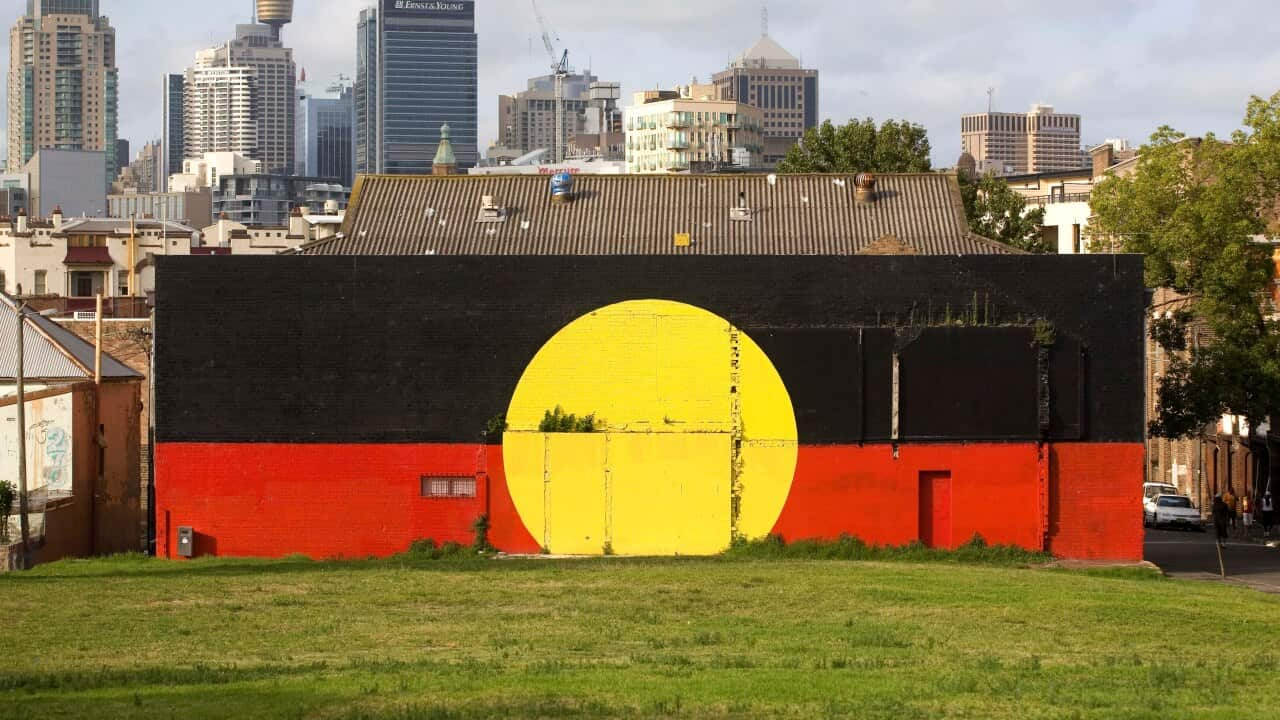“Where are all the Asians?” This was a question my parents asked when they recently visited me in London. From being part of in Australia, to one of the smallest here in the UK, I've never been so aware of my minority status until now.
For the of Asian ancestry who make up just one per cent of the UK’s total population, this is their daily reality. It makes me wonder whether I’d be a different person today had I grown up in the UK.
I grew up in Sydney as an Australian-born Chinese Indonesian. Being surrounded by people who looked like me, I rarely felt out of place. According to the , 10 per cent of Sydney’s 4.8 million people identified as being of Chinese ancestry — the third largest demographic group after ‘Australian’ and English. Over time, our presence has created growing cultural awareness and a feeling of ‘safety in numbers’. More importantly perhaps, it cements the fact that we belong in Australia as much as anyone else. So much so that the question gradually feels less like an interrogation that requires a history lesson in Asian immigration.
In London, where only 1.5 percent population identify as Chinese, cultural kinship is a rare commodity.
For many British-born Chinese people or BBCs, however, the answer isn’t always straightforward. “I’ve dealt with getting asked this question all my life yet still struggle in knowing how to answer it”, says Jane Chan, a 32 year old design project manager. Her parents migrated from Hong Kong to the UK in the 1960s. They settled in the country town of Weybridge in Surrey, southwest of London, which consisted predominantly of well-educated Caucasian English folks. Growing up, there was only one other Asian student at her school. “It annoyed me a lot more than it does now [when] people identify you as different and make a point of putting it out there.”
Johnny Ong, a fellow BBC, who was born and raised in West London by Malaysian-Chinese parents, experienced a similar frustration growing up. “When I was younger and told people I was from Malaysia, they’d get really confused. So I stopped doing that and started to identify as Chinese because it’s easier, and you don’t get the follow-up questions.”
For me, growing up around people who shared similar values and experiences helped shape my cultural identity. From a young age, the strong bond I had with my family and regular visits to Indonesia socialised me in a way that made Chinese traditions and values a fundamental part of everyday life.
When you are the only Asian person in the room, connecting with people from other ethnic backgrounds can often feel as thrilling as it is validating.
At school I bonded with my Asian-Australian friends over the pressures of balancing differing cultural expectations; of meeting the high academic goals set by our parents; and of not being allowed to socialise with boys until well into university. It’s the reason platforms like the Facebook group , created by a group of young Asian Australians, are so popular. They are spaces where we can collectively embrace the things we once thought were outlandish growing up in a migrant Asian family.
For British-Asians, however, this sense of belonging doesn’t come by easily. In London, where only identify as Chinese, cultural kinship is a rare commodity. “You have your Caucasian friends, your Indian friends and your Black friends, so when you see Asians like yourself, who you never grew up with, you’re curious to learn whether they share similar experiences to you,” says Ong.
When you are the only Asian person in the room, connecting with people from other ethnic backgrounds can often feel as thrilling as it is validating. “My first best friend at school was from Saudi Arabia. Her family moved to England and we quickly bonded over being brought up [as non-white children] in a western society,” says Chan.
As I walk down a bustling London high street, through a sea of people from all around the world, I feel like an outsider. But I soon realise I’m not alone. I’m an outsider surrounded by many others, searching for acceptance in a place — for however briefly — we call home.
Alison Tanudisastro is a London-based freelance writer. You can follow Alison on Twitter
This article was edited by Candice Chung, and is part of a series by SBS Life supporting the work of emerging young Asian-Australian writers. Want to be involved? Get in touch with Candice on Twitter


